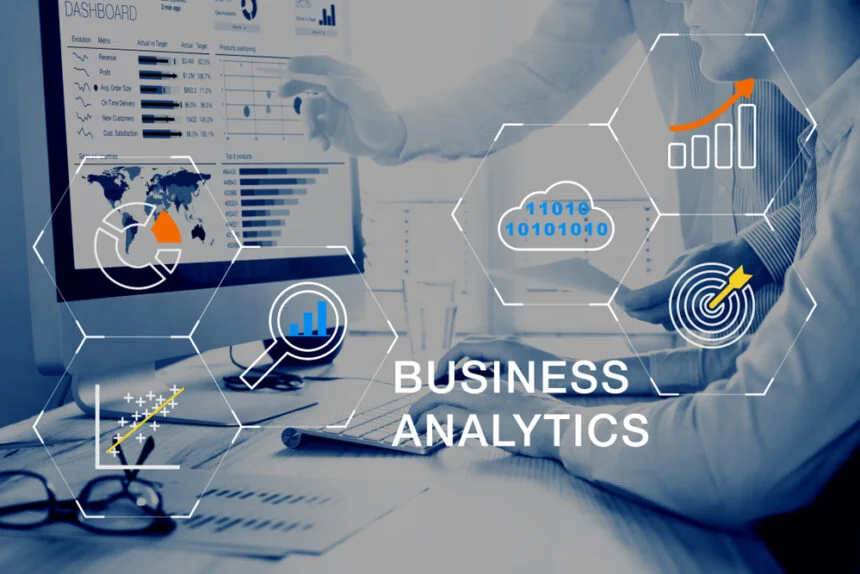The Future of Business Analytics: Transforming Data into Strategic Insights
Introduction:
In today’s data-driven business landscape, the future of business analytics holds immense potential for organizations seeking to gain a competitive edge. With advancements in technology and the exponential growth of data, businesses have the opportunity to harness the power of analytics to unlock strategic insights, optimize operations, and make data-driven decisions. This article explores the transformative possibilities that lie ahead for business analytics, including the integration of artificial intelligence (AI) and machine learning (ML), the rise of real-time analytics, the democratization of analytics, and the ethical considerations surrounding data privacy and usage.
The Integration of AI and ML:
Artificial Intelligence (AI) and Machine Learning (ML) are poised to revolutionize the field of business analytics. By leveraging AI algorithms and ML models, organizations can extract valuable insights from vast amounts of data and predict future trends with greater accuracy. AI-powered analytics systems can automate data processing, identify patterns, and perform advanced predictive modeling. This integration empowers businesses to make more informed decisions, optimize processes, and drive innovation. In the future, we can expect even more sophisticated AI and ML applications in analytics, such as deep learning algorithms capable of uncovering complex relationships in data and providing actionable recommendations.
The Rise of Real-time Analytics:
Real-time analytics is emerging as a critical component of business analytics, enabling organizations to respond swiftly to changing market conditions. With the advent of technologies like the Internet of Things (IoT) and connected devices, businesses can collect and analyze data in real-time, allowing for timely insights and proactive decision-making. Real-time analytics empowers businesses to identify emerging trends, detect anomalies, and optimize operations promptly. In the future, real-time analytics will become more pervasive across industries, allowing organizations to gain a competitive advantage by harnessing up-to-the-minute insights.
The Democratization of Analytics:
The democratization of analytics represents a significant shift in how data is accessed and analyzed within organizations. Traditionally, analytics has been confined to data scientists and specialized teams. However, the future of business analytics will witness a broader adoption of self-service analytics tools and user-friendly interfaces, enabling non-technical users to explore and understand data independently. Augmented analytics, which combines human intelligence with AI capabilities, will further empower business users to derive insights and make data-driven decisions. This democratization of analytics will break down silos, enhance collaboration, and foster a data-driven culture across all levels of an organization.
Ethical Considerations in Business Analytics:As organizations increasingly rely on data for analytics, ethical considerations surrounding data privacy, security, and usage become crucial. Businesses must ensure they comply with evolving regulations, such as the General Data Protection Regulation (GDPR), and prioritize the ethical use of data. Transparency and accountability in data collection, storage, and analysis will be paramount to maintain customer trust. In the future, organizations will need to adopt ethical frameworks and robust data governance practices to safeguard sensitive information and mitigate risks associated with data breaches or unauthorized use. Emphasizing responsible data practices will not only protect the privacy of individuals but also contribute to the long-term sustainability of businesses.
Conclusion:
The future of business analytics promises a transformative impact on organizations across industries. The integration of AI and ML, the rise of real-time analytics, the democratization of analytics, and the ethical considerations surrounding data usage will shape the landscape of business analytics. As organizations embrace these advancements, they will be better equipped to unlock strategic insights, optimize operations, and make data-driven decisions. By leveraging the power of analytics, businesses can stay ahead of the competition and thrive in an increasingly complex and data-rich world.

